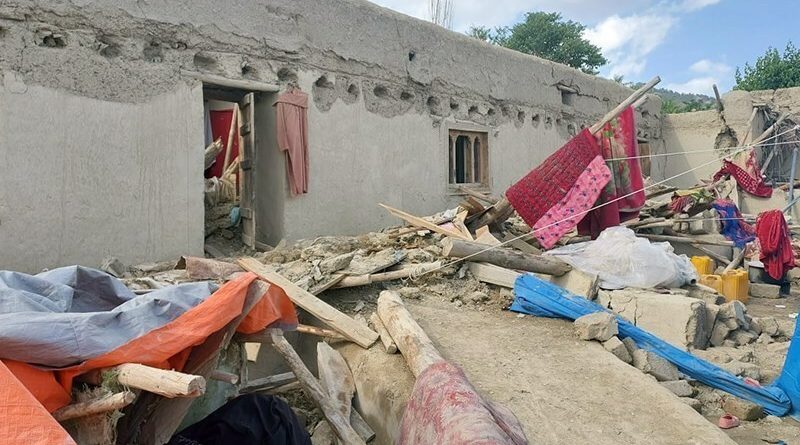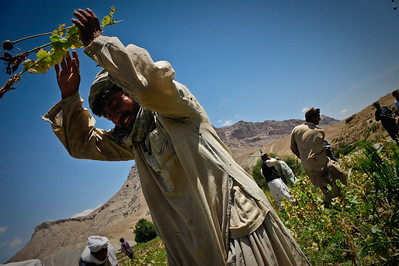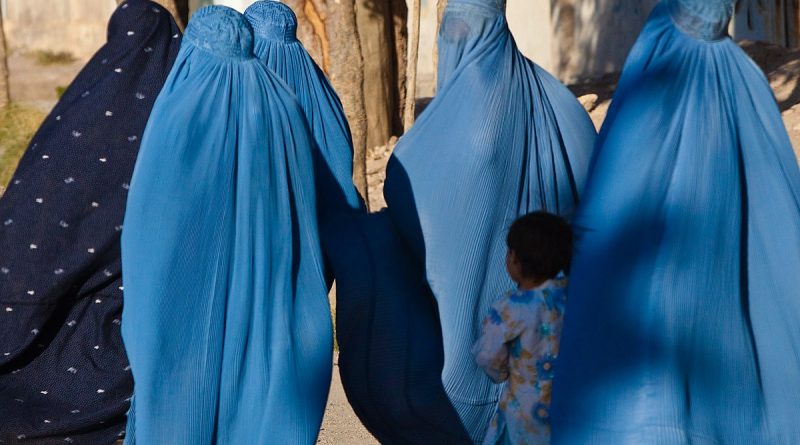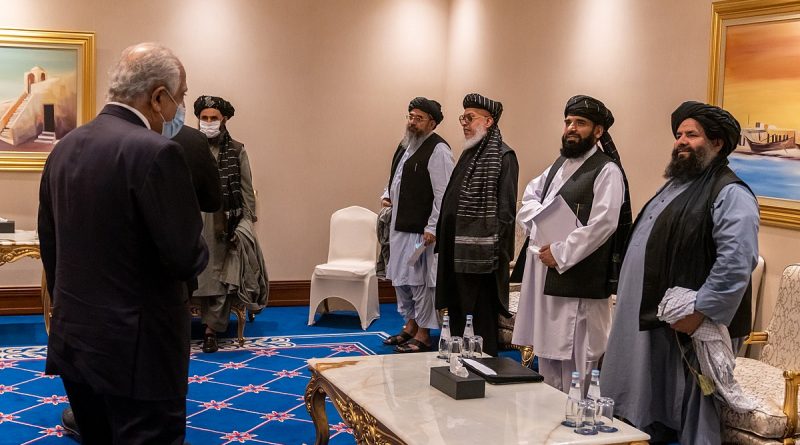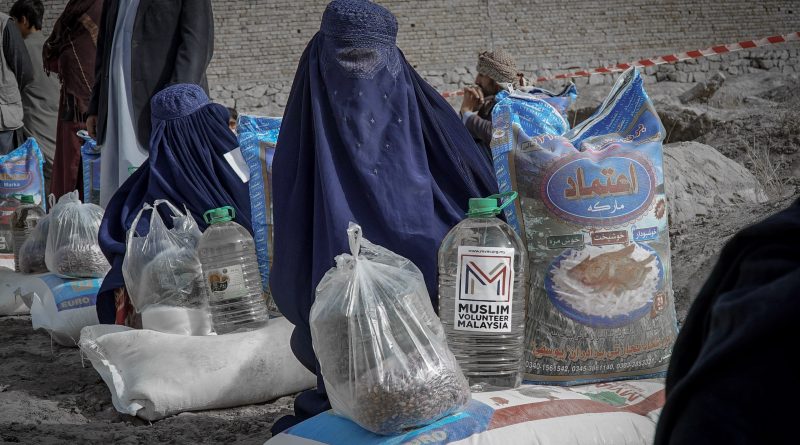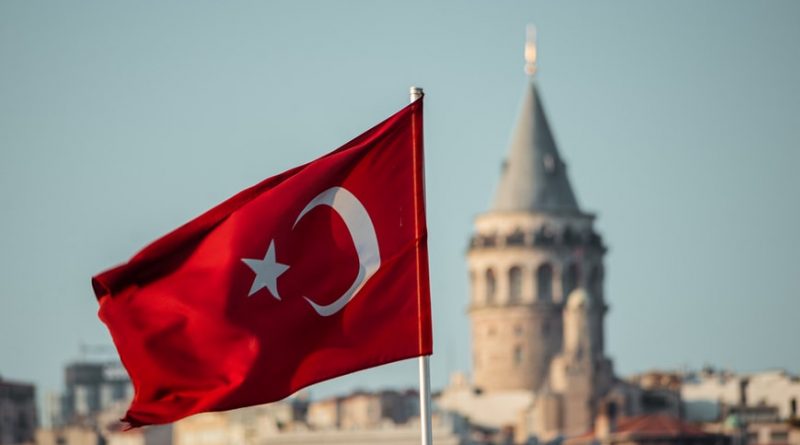Afghanistan: The Fault of Many, Not One
On September 8, House Republicans released a report regarding their investigation into the U.S.’ withdrawal from Afghanistan, blaming the catastrophic end of the Afghanistan war on President Joe Biden’s administration.
Read More
